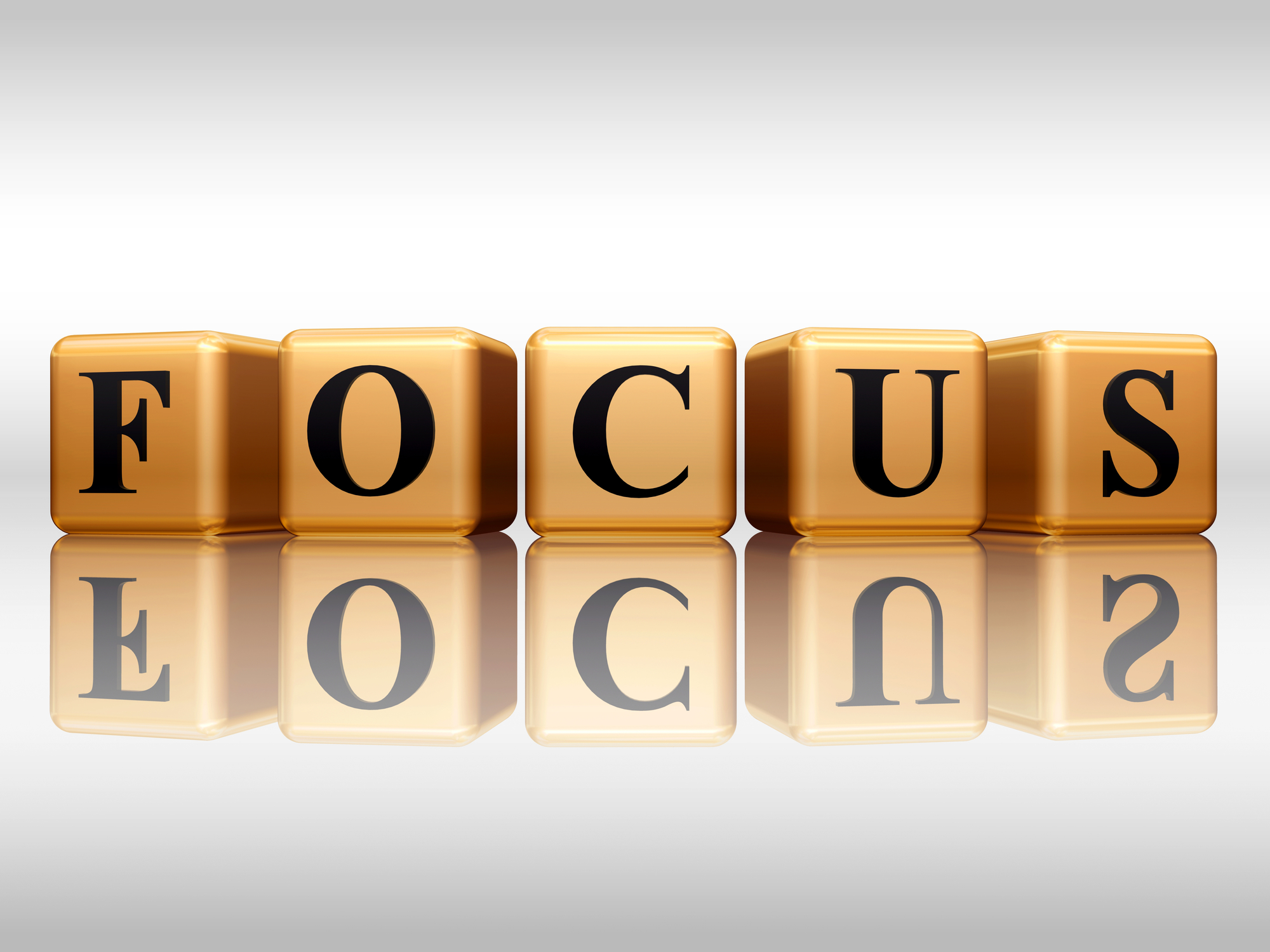There is considerable research and anecdotal evidence which shows that people can increase and sustain their level of life satisfaction, health, and well-being by practicing intentional activities and strategies (Lyubomirsky 2008). Listed below are a number of purposeful activities that lead to meaningful positive changes in happiness and well-being.
• Expressing gratitude: Write a gratitude letter expressing your enjoyment and appreciation of a person’s impact on you and your life. Send it, or even better, deliver it and read it in person. Send letters on a regular basis; you will feel happier and nurture your relationships as well.
• Gratitude journal: Set aside a few minutes each day to write down five large or small things you are grateful for. Be specific and relive the feelings and sensations you experienced as you remember what each thing means to you. Do this “counting your blessings” exercise with your partner and it will improve your relationship.
• Acts of kindness: Every day for six weeks, write down large or small actsof kindness you have carried out. Notice how you feel at the time and afterwards. You will improve your own life and the lives of others.
• Smile: Positive emotions are contagious. Smiling activates neurochemicals(e.g., dopamine) that result in positive emotions for oneself and others.Consciously add three smiles to each day, where you would not have done otherwise. You will feel better and others will smile back.
• Savoring: Learn to place your attention on pleasure as it occurs, consciously enjoying experiences in the moment. Enhance your ability to recognize and enjoy everyday pleasure by: reducing multitasking, the enemy of savoring; celebrating your accomplishments; eliminating less enjoyable activities; slowing down and enjoying pleasurable things without rushing; simplifying—too many choices will diminish your pleasure; sharing the moment with someone you care about; setting new goals and planning new activities—savor your new undertakings; reminiscing about pleasurable events, vacations, and victories—cherish precious memories with loved ones.
• Flow: Flow experiences—being immersed in and concentrating on what you are doing—lead to positive emotions, short and long term. You create opportunities for flow experiences when there is a balance between the challenge of an activity and the skill you have in performing it. High challenge and high skill together produce a flow experience.
• Signature strengths: Pick one of your signature strengths and use it in a new way every day for one week—try a new activity that is challenging, like public speaking (bravery); learn something new (curiosity); listen to an opinion you disagree with (open-mindedness); write a note to someone you care about (love).
• Mindfulness meditation: This is the practice of focusing attention on the present moment and accepting it without judgment. This reduces anxiety about the future and regrets about the past, creates a greater ability to manage adverse events and emotions, and leads to increased wellbeing. Practice mindfulness meditation on a regular basis.


